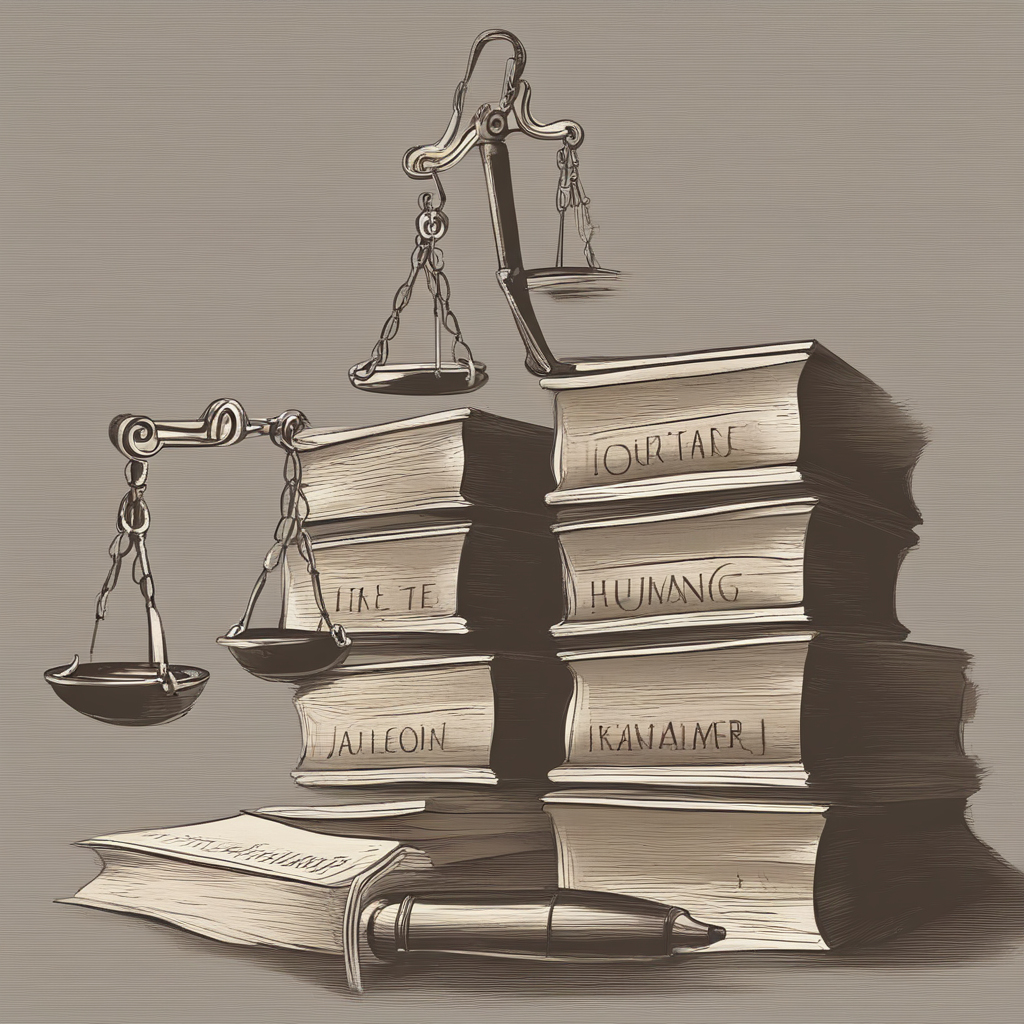Reclaiming Company Assets After It Has Been Struck Off the Registry: Analysing the Carmel Cortis et vs L-Onor Prim Ministru et Judgment

A recent judgment from the First Hall Civil Court (Constitutional Jurisdiction) has significant implications for shareholders and interested parties seeking to recover a company's assets long after it has been struck off the Malta Business Registry. This article delves into the ramifications of this judgment and its potential to reshape the legal landscape in such cases.
Section 352 - The Fate of Company Assets:
At the core of this matter is Article 325(2) of the Companies Act (Chapter 386, Laws of Malta). This provision dictates that when a company becomes inactive and is subsequently struck off, its assets automatically transfer on to the Government of Malta. This process has faced considerable criticism for its lack of transparency and the adverse effects it has on shareholders and other stakeholders. The only remedy given in this respect is set out in sub-article 4 of the same provision, which empowers members, creditors, and other aggrieved parties to request that a company be revived and consequently restored to the register. Since this may only be done within five years of publication of the notice of the striking off, interested parties may be placed in a prejudicial position, especially since whenever a company is struck off due to it being inoperative, members, creditors, and interested parties are often unaware of the striking off. The implication of this is that interested parties would be deprived of the assets of the company which would have devolved upon the Government automatically, without any notice or positive action from the company or its shareholders.
The Carmel Cortis et vs L-Onor Prim Ministru et Case:
The case under scrutiny involves Vassallo & Cortis Ltd, which was removed from the registry in 2003. This company owned a property with an estimated value of €450,000. The plaintiffs argued that this constituted a violation of their human rights, specifically invoking the right to property and the right to an effective remedy, as outlined in the European Convention on Human Rights.
The court briefly analysed the right to the enjoyment of property and highlighted the importance of the premise of restitutio in integrum for the aggrieved shareholders and their heirs, which advocates for full restitution to aggrieved parties. It then went on to confirm whether the claimants had exhausted all ordinary remedies, in this case being the previously outlined ordinary remedy set out in Article 325(4) of the Companies Act. The court criticised the outlined procedure by calling out Article 325(2) for being draconian, this being the provision regulating the striking off of an inactive company.
Following a careful analysis of the principles underlying the right to property, it went on to criticise the effects of Article 325 for depriving shareholders of a company’s assets whilst possibly preserving the company’s liabilities to their detriment. Additionally, the Court noted that the automatic devolution of assets in favour of the government fails to reach an appropriate balance between the general interest and the interest of the proprietors. It is on this basis that the court rejected the plea of lack of exhaustion of ordinary remedies.
In deciding on the merits of the case, the Court was adamant on the fact that Article 325(2) leads to a shareholder being deprived of the economic value which should be enjoyed by them seeing as they are the physical persons who have a direct interest in the asset of a company due to their investments therein. Accordingly, the court focused on the effects of the provision and the realities it produces and classified it as de facto expropriation occurring through the very operation of the law.
Implications and Conclusion:
The monumental judgment in the Carmel Cortis et vs L-Onor Prim Ministru et case confirmed a breach of human rights and ordered the Registrar of Companies to reinstate the company, enabling it to regain title to its property. This landmark decision is expected to set the stage for a series of similar cases, allowing shareholders to recover lost assets that were previously vested in companies struck off from the registry, without being constrained by a five-year time limit.
Given that Article 325(4) extends not only to shareholders but also to other interested parties, the implications of this judgment are profound and far-reaching.
Furthermore, it is essential to recognise that this judgment is not yet final, as it has been appealed. As such, the legal landscape continues to evolve. It is imperative for all stakeholders involved in matters of corporate governance and asset recovery to remain vigilant and informed about potential legislative changes stemming from this pivotal decision. The judgment serves as a clarion call for legislators to address the inherent imbalances in the existing legal framework, where the interests of companies and their shareholders are not equitably addressed. The urgency of implementing necessary amendments to prevent the recurrence of such inequitable situations cannot be overstated.
